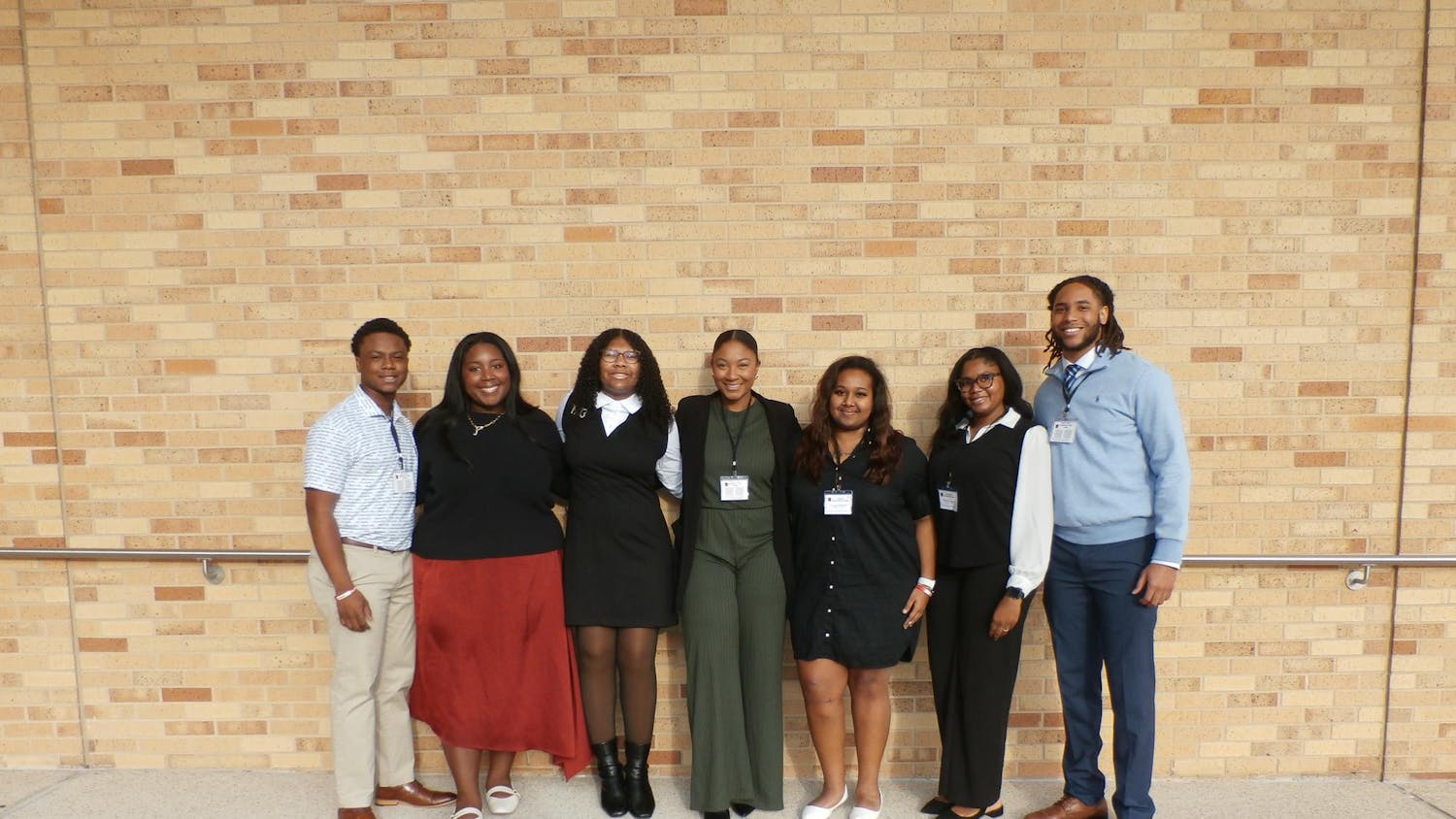The aquaculture industry is the fastest growing form of food production in the world, and almost half of the fish eaten by humans is produced by the aquaculture industry, according to the National Oceanic and Atmospheric Administration.
One of the largest components of the aquaculture industry is farm-raised catfish, which account for 572 million pounds and $421 million of the industry annually, according to The Catfish Institute.
The catfish idustry plays an important role in the economy of the Southeast, but it is facing enormous competition from overseas. The U.S. is ranked 10th in total aquaculture production and has a $9 billion seafood trade deficit, according to the NOAA.
Rex Dunham, an Auburn University fisheries professor and alumni, is trying to change that.
Dunhan's research in the area of hybridization of catfish has the potential to dramatically improve the catfish aquaculture industry.
"The hybrid catfish, which has been Dunham's signature area of work, has the potential to improve production efficiency to the point where U.S. farmers can continue to compete in today's marketplace," said Craig Tucker, director of the National Warmwater Aquaculture Center and USDA Southern Regional Aquaculture Center. "He has been directly or indirectly responsible for most of the technologies now used to produce this fish."
The hybrids have several benefits including better growth, disease resistance and tolerance of poor water quality.
"It is very gratifying that we finally reached this point," Dunham said. "With the tough economic times globally, this can greatly impact the catfish industry. The industry now has the technology to make hybrids."
Dunham's research lives up to the mission statement of Auburn University, which states that "research is essential to the mission of a land-grant university. The primary focus of this research will be directed to the solution of problems and the development of knowledge and technology important to the state and nation and to the quality of life of Alabama citizens."
"The goal is to serve the entire catfish farming industry and local communities," Dunham said. "In addition to helping the farms in rural west Alabama, research helps the processing plants, which employ a lot of people, and there is an indirect impact on the local businesses. These include tractor parts suppliers, restaurants, any type of local shop. Hopefully, the impact of that research helps make that way of life sustainable."
Dunham recently won Auburn's Creative Research and Scholarship Award and has been awarded $14 million for research through 77 federal, state and university grants during his time at Auburn.
"Being a part of the College of Agriculture is such an enlightening experience," said Emily Eason, a sophomore in animal sciences. "We get to learn from the best of the best in our field, and it's so encouraging to see our professors out there doing the research and making a difference."
Auburn University became the first land-grant university in the South when it was converted in 1872 under the Morril Act. Auburn remains one of three land-grant universities in the state.
Do you like this story? The Plainsman doesn't accept money from tuition or student fees, and we don't charge a subscription fee. But you can donate to support The Plainsman.




